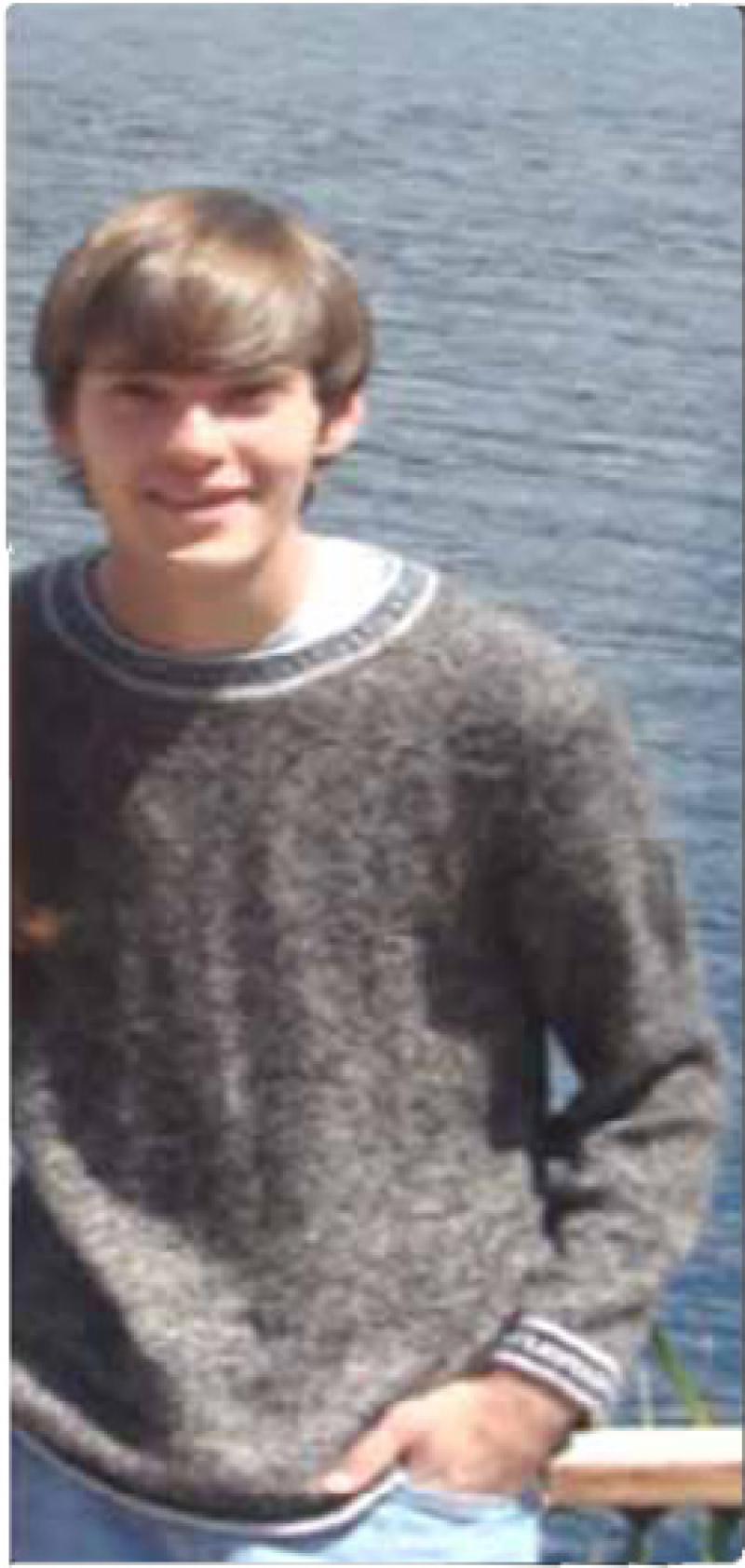Fulbright to Brazil

"The stench of the city dump causes me to gag yet again and menacing dogs bark ferociously as our translator instructs my classmates and I to lock the van windows and gather our belongings for the final time. Today is a bittersweet day, as it is my last day teaching English, grading papers and facilitating recess at the Francisco Coll School in the heart of Guatemala City’s dump zone. Our translator had soberly explained the racial stratification of her country, as we noticed the children in this community were all either biracial mestizos or of indigenous descent. Those hours in the classrooms in Guatemala sparked a realization within me: education can be a societal equalizer.
As the children of the dump community flock to school, they are doing more than practicing arithmetic and parsing sentences—they are beginning their climb out of the slums. After class that day, in a mixture of elation and earnest dedication, I promise myself to return to Latin America to understand more of the vibrant and varied cultures and also to work as a teacher, expanding educational access. As a rising high school senior, those two weeks in Guatemala City greatly influenced my plans for undergraduate studies, leading me to search for universities with robust study abroad programs in Latin America.
The next opportunity for immersion in Latino culture occurred my sophomore year at Ohio State University through a homestay study abroad program in Quito, Ecuador. Living with a host family for an academic term was truly a formational experience. Whether studying the Spanish language and Andean culture in school or discussing US‐Ecuadorian cultural differences over tea with my host parents, my desire to live and teach in Latin America only grew stronger. It was not untilI returned to the US, however, that I was specifically drawn to Brazil. I enrolled in Portuguese classes for Spanish speakers my junior year. As my professor spoke of her home country, I quickly became enthralled with Brazilian culture and history. I began researching Brazilian healthcare in a political science class, presenting on the experience of Brazilian immigrants in the US for a Spanish course, and practicing Portuguese over coffee with other Lusophiles. With Brazil’s historic affirmative action policies passed by congress in summer of 2012, thereby expanding educational access to lower socioeconomic classes, it was now readily apparent that an ETA in Brazil would offer me the experience I had promised to make a reality four years earlier on that last day in Guatemala.
In the year following my final year of undergraduate studies, I plan to teach English in Brazil, by way of either an ETA or through a non‐governmental organization. Afterwards, I will seek a graduate degree in international higher education. An ETA in Brazil offers an unparalleled chance to work in a diverse, post‐secondary environment. Learning that Brazil’s expansive population consists of a medley of people from culturally and racially diverse backgrounds became an intriguing point of focus for me as I learned more about interculturalism and the challenges of living and working in a multicultural society through my internship with the Ohio State University Multicultural Center.
After completing this year‐long internship, I decided to seek a career in higher education, beginning as an immigration coordinator and eventually working to become director of a university office of international affairs. As an ETA in Brazil, I would serve the future English teachers of Brazil and return to the US poised to take that which I learned in Brazil about societal inclusiveness through higher education and integrate those values and ideas into my position as an administrator in international higher education. Thus, for me, the opportunity of a Fulbright ETA in Brazil is not merely a nine month experience abroad, but rather the foundation for a lifetime of service to others in education."
